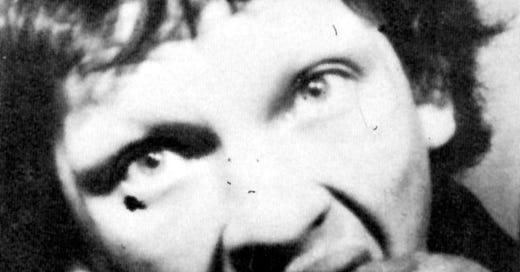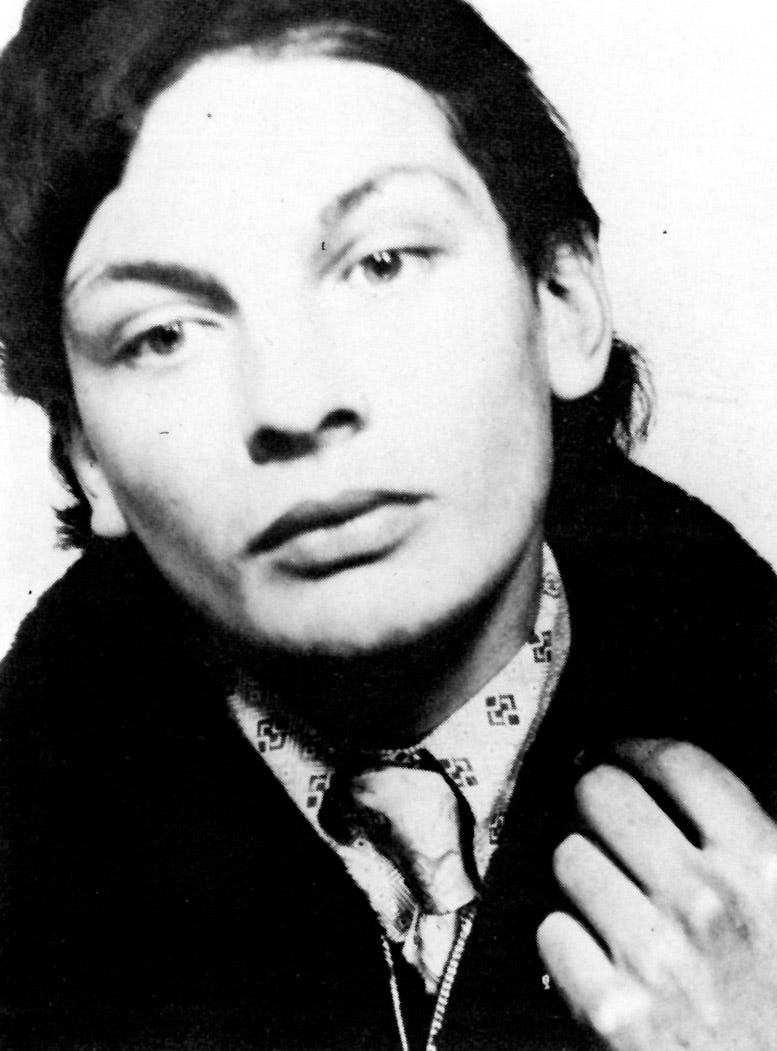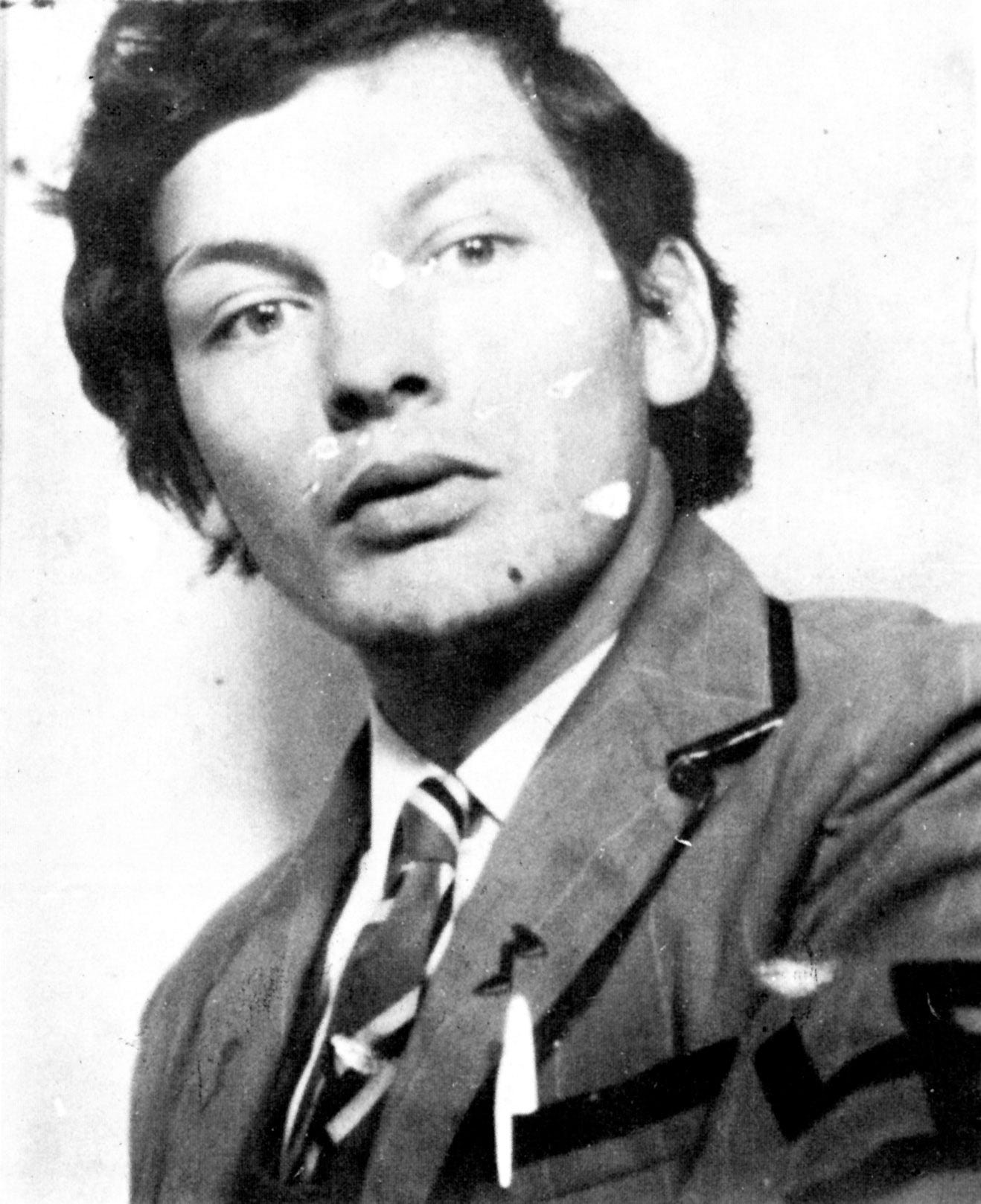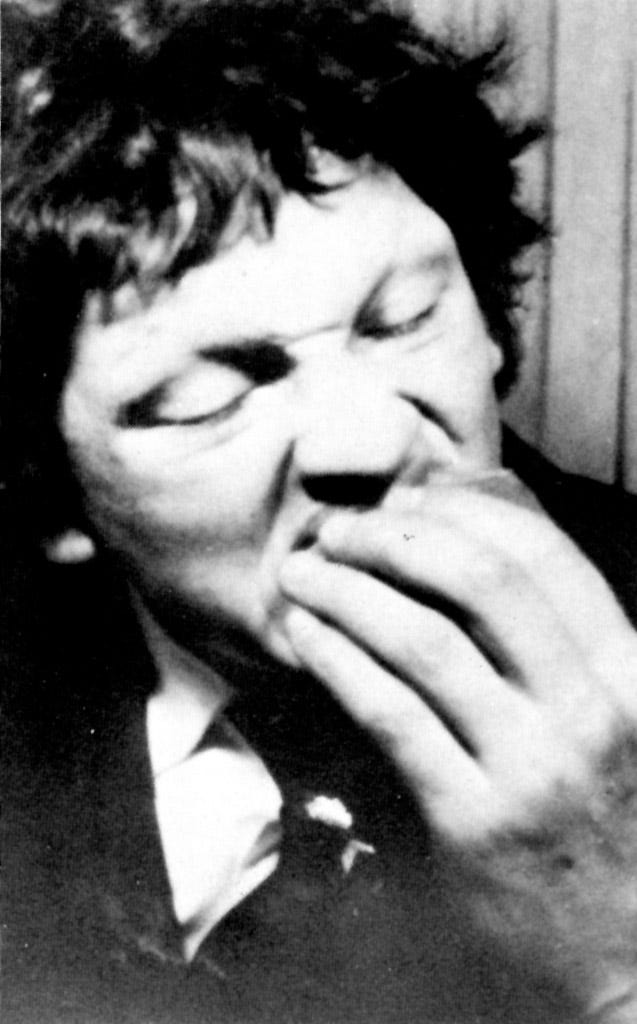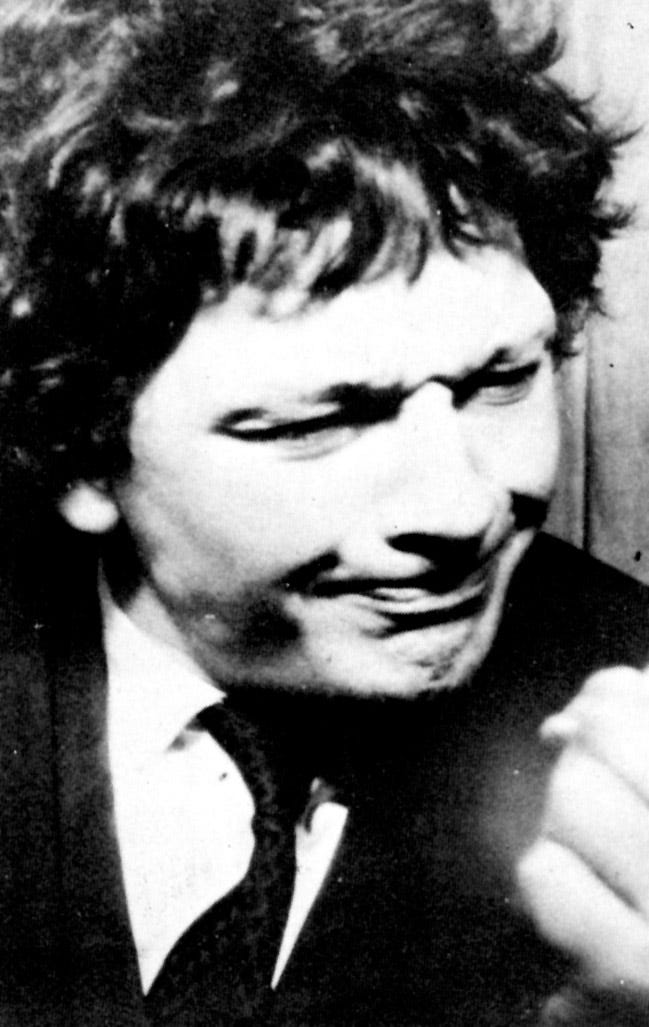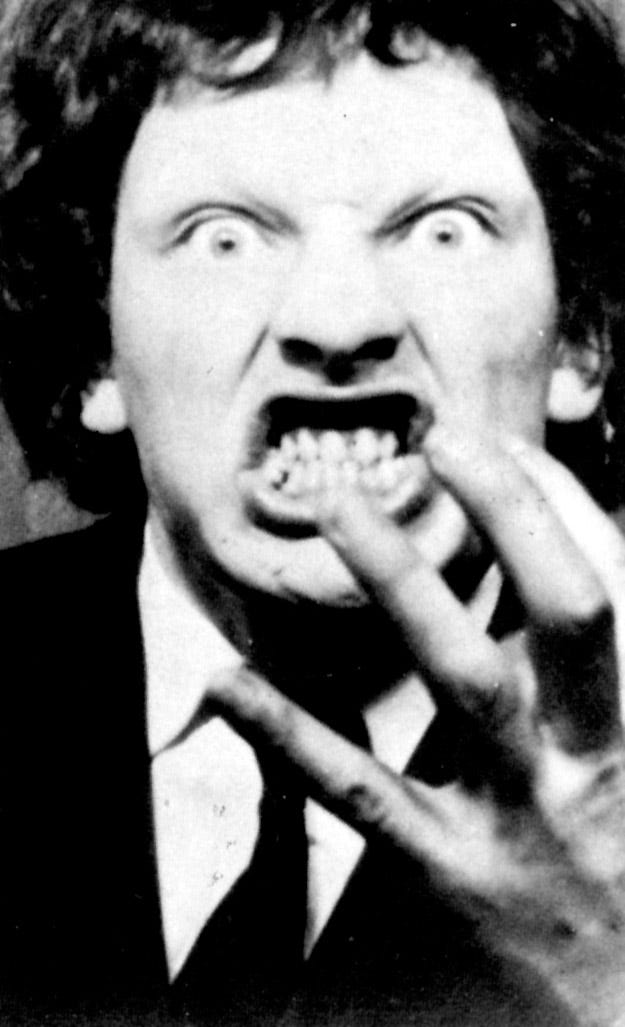The murderer Patrick Mackay — from my nonfiction book “Lustmord: The Writings and Artifacts of Murderers”
Before he was even born, Patrick Mackay was subject to abuse; he was in his mother’s womb when she was kicked in the stomach by her husband in a drunken rage. Born on September 25, 1952 in Middlesex, England, he was institutionalized for the first of many times at the age of thirteen after trying to set fire to a Catholic church. By the age of fifteen Mackay’s life was a litany of aberrational misdeeds that included roasting his pet tortoise alive, playing with dead birds, nearly killing a young boy in his neighborhood, and attempting to strangle his mother and aunt. A Home Office psychiatrist, Dr. Leonard Carr, knew from Mackay’s record that he was “explosive in temper” and, deducing that he would evolve into “a cold, psychopathic killer,” had him committed as a certified psychopath to Moss Side Hospital for four years. In their book Psychopath, authors Tim Clark and John Penycate recount that while he was awaiting transfer to Moss Side,
Mackay adopted a bizarre name by which he demanded to be known: Franklin Bollvolt the First — “a name to be feared and remembered, like Hitler’s.” The world, he decided, needed a change, and he would be the world figure to provide it.
Against the advice of his psychiatrists, the Liverpool Mental Health Review Tribunal released Mackay in the summer of 1972. Mackay, usually in a drunken or drugged stupor, stayed with friends and entertained himself by building and burning the eyes out of Frankenstein monster models. He decorated his bedroom with photographs from Nazi Germany and fashioned for himself a quasi-German SS uniform, replete with lapel badges and armband; occasionally Mackay mugged for photo booth snapshots in this homemade outfit.
Proving the psychiatrists right, Mackay murdered eleven people from July 1973 until his arrest on March 23, 1975. He threw a hobo from a bridge and an au pair girl from a train, strangled and knifed an 84-year-old woman, stabbed to death a woman and her 4-year-old grandson, beat a 62-year-old tobacconist with a lead pipe, killed a café proprietress with an axe, and pummeled a 92-year-old woman to death for her £5 Christmas bonus. His last victim was Father Anthony Crean, a 63-year-old Catholic priest that had befriended Mackay. He confessed to police after being captured:
I grabbed hold of him by his arm, I think the right one, and we both fell on the floor in the hallway. I struggled and he struggled on the floor and he seemed to get extremely nervy. He said, “Don’t hurt me.” This seemed to get me even more excitable myself, and then I started to strike him on the side of the head with my hand and with my fist. The next thing I knew he had broken loose from my grip and ran into the bathroom which is just off the hallway. Whilst I had been on the floor of the hallway myself, I picked up an axe from a box lying just under the stairs and began to feel even more excitable.
He shut the bathroom door and pushed to hold it closed. I barged my side of the door and this pushed him towards the bath. He tumbled and half fell into the bath. I threw down the axe on to the floor and pushed him into the bath. He then started to annoy me even more, and I kept striking at his nose with my arm and the side of my hand. I then pulled out my knife from my coat pocket and repeatedly plunged it into his neck. I then got a little more excitable and stuck it into the side of his head, and then tried to plunge it into the top of his head. This bent the knife. I grabbed for the axe and with this repeatedly lashed out with it at his head. He sank into the bath. He had been in the sitting-up position with the knife but when I first hit him with the axe he sank down into the bath. I then repeatedly got increasingly more annoyed, and lashed at him with the axe. All this seemed to happen very fast. . . . I must have gone out of my mind. It was something in me that just exploded.
The authors of Psychopath noted that “the wounds in Father Crean’s head were so devastating that his brain was exposed; before he died he raised his hand feebly and touched the exposed portion.” Mackay was arrested two days later and sentenced to life in prison.
Prison journal excerpts from the fall of 1975:
September 25: Up until his death my father used to get violently drunk, shout, scream and always when he was like this beat me with the back of his hand and sometimes his fist. He must have had a tremendous drinking problem, but of course he would never say so. I remember that my father never at all hit my two sisters when drunk, but only me and my mother. He would make a lot of filthy accusations towards her. This would take place usually Friday nights and Saturday nights. It was plain bloody regular.
October 3: I feel terrible about what happened all the more because I do not know why or what made me do it. I find it all a confusing matter. You see, I’m scared of myself. At times I often try to wonder why, but it’s just plain hell. . . . Everyone with the experience I had of mishandling and brutality of the homes, remand homes, approved schools, reception centres and any other bloody place will know that the general attitude prevalent in the early and middle 1960s was vastly against the person concerned. Namely, if his or her family had no backing to speak of — such as I for instance, just a widowed mother and a very young sister — the young persons could be manipulated like a ruddy puppet on a string from pillar to post. Had I a father they would never have stood a bloody chance in Hades of manipulating me in this way. But then come to that it would never have taken place.
October 27: In Moss Side I was classified as a psychopath but without mania. I have always believed that I have not just the problem of being psychopathic on its own, but instead having psychopathic mania. This has always been my personal opinion on the matter, and believe no one to judge one’s mind better in most cases than oneself. Since the mind is such a complex machine. . . . When I was eventually discharged, I can say that, despite the sudden step to the outside community as a whole, I had at the time only the best intentions in the living of my life. But one cannot unfortunately always foresee the certain type of stigmas that can form and come to be for some people in such an imperfect world as this.
November 2: She was not a bad soul, and why I killed her I feel I may never know. I suppose that even though I had killed her, I wanted in death to make her comfortable as she lay on her kitchen floor. I closed her eyes as they were staring lifeless up, covered her as if in a sleeping bag and left her there. . . . These murders were so solemn when I think of them, yet so quick, so fast to take place. You know, a man who has killed cannot really say much more than the basics from his point of view as he remembers it. In my case, for instance, I became very cocky about a few things that happened. . . . It has been said that I must have closed all the curtains in the homes of my victims as they say. This may well be possible. I have never disputed it. But I cannot say this with any certainty for I just do not recall so doing. There is a hell of a lot from the point of view of these killings that I cannot myself remember.
November 7: I shan’t shed a tear. Life is full of shocks of all descriptions and they have to be faced. I am now informed that my trial will be later this month. So I await my destiny. I hope from this writing someone somewhere, wherever it may be read, will pick up some good from my experiences. I am just one example of many bad ones. But who can say totally so?

